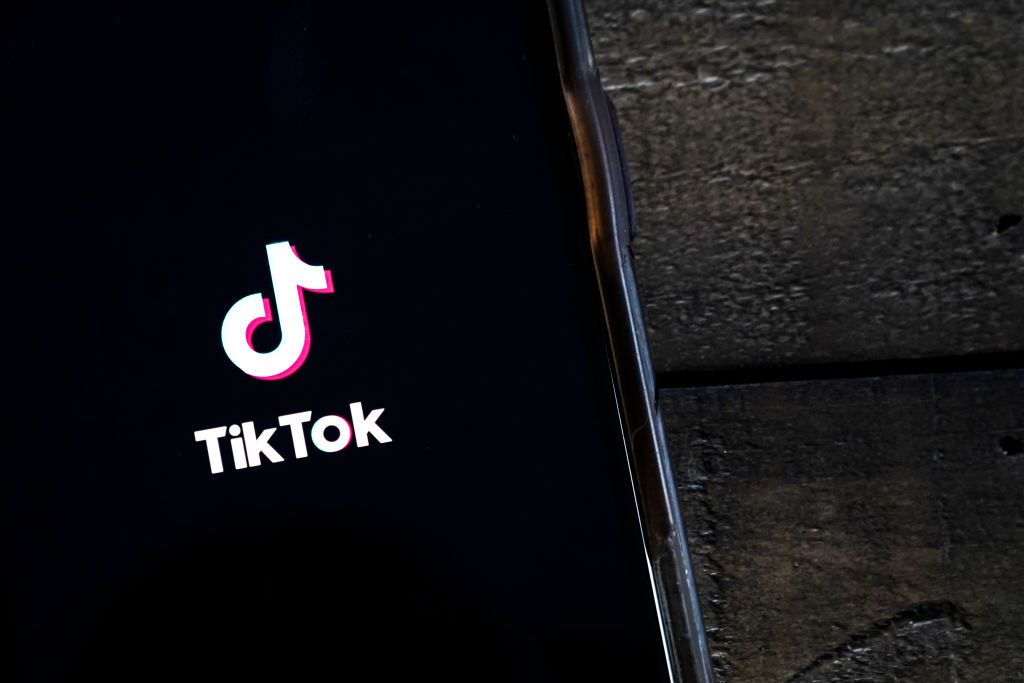The Ukrainian government has raised concerns about Russian disinformation campaigns on social media platforms, particularly TikTok. Russian influencers and bots are reportedly working to undermine Ukraine’s morale and cast doubt on the legitimacy of President Volodymyr Zelensky. With May 20 being the date when Zelensky’s five-year term would have ended if not for the ongoing war, Russia is using TikTok to target this significant day. Ukrainian officials have emphasized the need to address the scale of Russia’s operations on the platform, which has raised alarms in Western countries as well.
The use of TikTok by Russia is part of a broader effort to spread disinformation targeting Ukraine and its allies. This includes other platforms such as X, Telegram, and Facebook. The concerns raised about TikTok also extend to issues of privacy and security, with Western leaders expressing worries about the data collected by the app being accessible to the Chinese government. In response to these concerns, the U.S. Congress passed a bill that could force ByteDance, the owner of TikTok, to sell the platform or face a ban for American users. Kyiv is considering taking similar measures if the U.S. takes action first.
The disinformation campaign on TikTok, known as Maidan-3, is expected to peak in May and is aimed at destabilizing Ukraine and undermining its leadership. Ukrainian officials have highlighted the challenges in combating such campaigns, especially when they are carried out on popular platforms like TikTok. The National Security and Defense Council’s anti-disinformation department has noted the systematic approach taken by Russian actors on TikTok, indicating the need for increased vigilance and countermeasures to address these threats. The reach and impact of these campaigns highlight the importance of enhancing efforts to combat disinformation on social media platforms.
The role of social media giants in addressing disinformation in Ukraine has also come under scrutiny. Ukrainian think-tanks like the Center for Democracy and Rule of Law (CEDEM) have emphasized the need for a balanced approach to dealing with disinformation campaigns. As Russia continues to wage an information war against Ukraine and other countries, it is essential for platforms like TikTok to take proactive steps in countering false narratives and malicious content. The challenges posed by disinformation campaigns underscore the importance of collaboration between governments, tech companies, and civil society to ensure the integrity of information shared online.
The impact of Russian disinformation campaigns goes beyond undermining morale and casting doubt on political leadership. These campaigns can also contribute to wider instability and conflict, particularly in regions like Ukraine that are already facing security challenges. By leveraging social media platforms like TikTok, Russia can amplify its messaging and reach a global audience, making it imperative for both domestic and international stakeholders to be proactive in countering these threats. The ongoing conflict in Ukraine underscores the need for sustained efforts to combat disinformation and promote accurate and reliable information in the digital sphere.
Supporting independent journalism in Ukraine is crucial in the fight against disinformation and ensuring that accurate information reaches the public. By staying informed and engaging with reputable sources, individuals can play a role in countering false narratives and propaganda spread through social media platforms. The Ukrainian government’s efforts to address Russian disinformation campaigns highlight the need for a multi-faceted approach that involves a combination of regulatory measures, technological solutions, and public awareness campaigns. Ultimately, safeguarding the integrity of information online is essential for promoting democracy, transparency, and peace in Ukraine and beyond.


